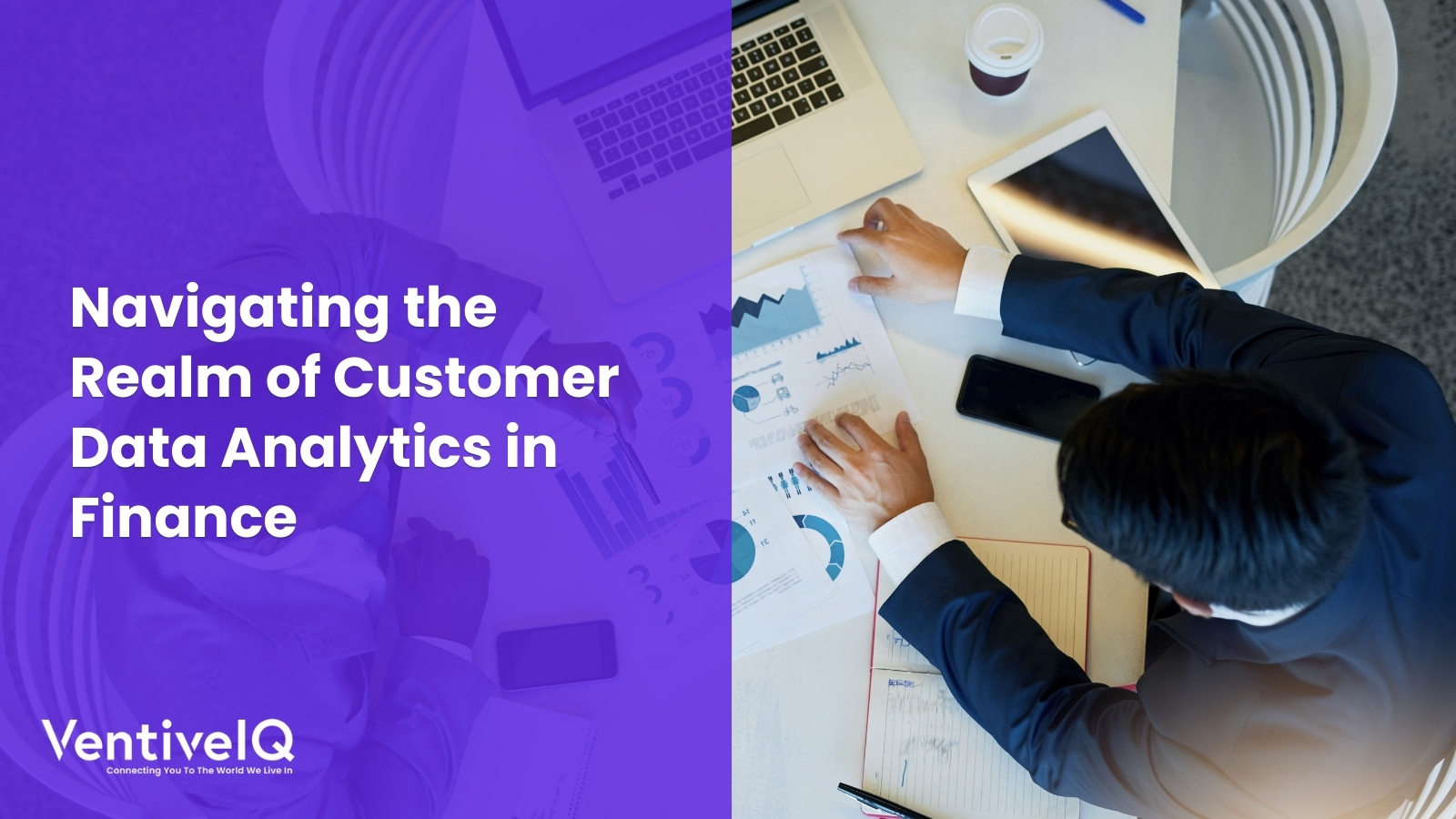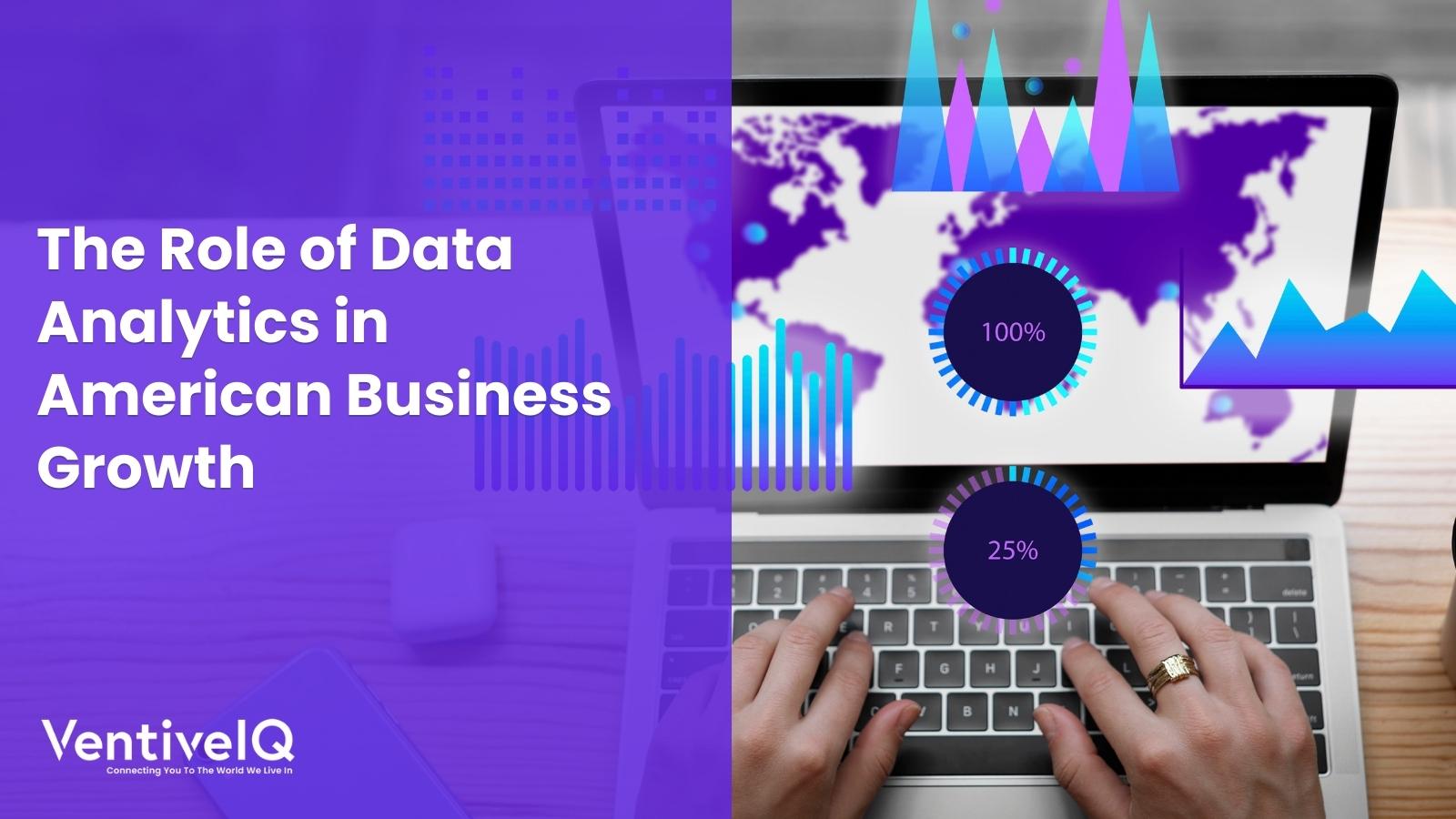Dive into the world of customer data analytics & discover how privacy-compliant personalization is reshaping financial services marketing for a tailored touch.
Introduction
In today’s data-driven world, financial service providers are sitting in a goldmine of customer information. From transaction histories to demographic details, this data holds immense potential for understanding customer behavior, preferences, and financial needs. However, unlocking this potential without compromising data privacy and customer trust is a delicate balancing act.
Customer data analytics (CDA) has emerged as a powerful tool for financial institutions to gain valuable insights from their customer data. By employing sophisticated analytical techniques, financial institutions can segment their customer base, identify patterns and trends, and predict future behavior. These insights can then be used to develop targeted marketing campaigns, optimize product offerings, and enhance customer service.

The Power of Customer Data Analytics
Imagine having a magic wand that reveals invaluable insights into your customers’ behaviors, preferences, and needs. Well, in the digital era, that magic wand is customer data analytics. It’s not just about collecting data; it’s about translating it into actionable strategies that can enhance the customer experience.
Understanding Customer Behavior
Customer data analytics is the compass that guides financial institutions through the maze of customer behavior. By analyzing transaction history, online interactions, and even social media engagements, banks can paint a vivid picture of their customers. This understanding is the key to offering services and products that align seamlessly with individual preferences.
Predictive Analytics for Personalized Solutions
Gone are the days of generic offerings. With predictive analytics fueled by customer data, financial institutions can anticipate the needs of their customers. Whether it’s suggesting personalized investment options or tailoring loan packages, predictive analytics empowers banks to stay one step ahead, delivering solutions that truly matter to their customers.
Privacy-Compliant Personalization: A Balancing Act
As we delve into the world of personalized experiences, the elephant in the room is privacy. In an era where data breaches make headlines, financial institutions must tread carefully. However, the good news is that privacy and personalization can coexist harmoniously.
The Importance of Privacy-Compliant Personalization
While Customer data analytics offers immense benefits, it’s crucial to recognize the growing importance of data privacy. With increasing consumer awareness and stringent data protection regulations, financial institutions must tread carefully when collecting, storing, and using customer data. Privacy-compliant personalization strikes a delicate balance between leveraging data for personalization and respecting customer privacy.
Achieving Privacy-Compliant Personalization
Here are some key principles for achieving privacy-compliant personalization in financial services marketing:
- Transparency and Consent: Clearly communicate your data collection practices and obtain explicit consent from customers before using their data for personalization.
- Data Minimization: Collect only the data necessary for personalization purposes and avoid unnecessary data collection.
- Data Anonymization: Anonymize or pseudonymize customer data to protect their identities while enabling personalization.
- Secure Data Storage: Employ robust data security measures to protect customer data from unauthorized access and breaches.
- Regular Data Audits: Conduct regular data audits to ensure compliance with data privacy regulations and customer consent agreements.

Benefits of Privacy-Compliant Personalization
By adopting privacy-compliant personalization strategies, financial institutions can reap a multitude of benefits, including:
- Enhanced Customer Experience: Deliver personalized recommendations, offers, and communications that resonate with individual customer needs and preferences.
- Increased Customer Engagement: Capture customer attention and foster deeper relationships by tailoring interactions and experiences.
- Improved Customer Satisfaction: Exceed customer expectations by providing relevant and timely solutions that address their unique financial needs.
- Boosted Customer Loyalty: Nurture long-term customer relationships by demonstrating a commitment to data privacy and customer trust.
- Enhanced Brand Reputation: Establish a reputation for data responsibility and ethical marketing practices, fostering trust and credibility among consumers.
Financial Services Marketing 2.0: Tailoring the Message
In the digital age, bombarding customers with generic marketing messages is a strategy destined to fail. Enter financial services marketing 2.0 – an era where personalization is the secret sauce that elevates marketing efforts from noise to resonance.
Crafting Tailored Campaigns
Customer data analytics allows financial marketers to move beyond broad strokes. Now, it’s about crafting campaigns that speak directly to the unique needs and aspirations of individual customers. From retirement planning to first-time homebuyers, every campaign is a personalized conversation.
Real-Time Personalization Across Channels
Picture this: A customer starts exploring mortgage options on your website, and the next time they log into the mobile app, they find tailored insights on real estate trends. That’s the beauty of real-time personalization. Whether through emails, apps, or social media, financial institutions can create a seamless, personalized journey for their customers.
Overcoming Challenges: Building Trust in the Digital Age
While the benefits of customer data analytics and privacy-compliant personalization are undeniable, building and maintaining trust is paramount. Here’s how financial institutions can navigate the challenges and strengthen their bond with customers.
Transparency in Data Usage
Trust flourishes in transparency. Financial institutions must communicate how customer data is used, assuring customers that their information is a tool for personalization, not a commodity for sale.
Data Security Measures
Investing in robust data security measures is non-negotiable. From encryption protocols to regular security audits, financial institutions must showcase their commitment to safeguarding customer information.

The Future: Personalization Evolved
As we gaze into the future of finance, one thing is clear – personalization is not a trend; it’s a fundamental shift. The integration of artificial intelligence and machine learning will propel customer data analytics to new heights, offering even more accurate predictions and personalized experiences.
AI-Powered Hyper-Personalization
Imagine an AI assistant that understands your financial goals, analyzes market trends, and suggests investment strategies tailored to your risk appetite. That’s the promise of AI-powered hyper-personalization, where algorithms become personal finance advisors.
Ethical Considerations in Personalization
As we embrace the era of hyper-personalization, ethical considerations come into play. Financial institutions must establish guidelines on the ethical use of customer data, ensuring that personalization doesn’t cross the line into intrusion.
VentiveIQ’s approach to Customer data analytics
VentiveIQ believes that unlocking the true power of Customer data analytics in finance requires a strategic approach, one that vanquishes the privacy beast and lets you claim the customer insights throne. Here’s how we see it:
1. Data Privacy: Not a Constraint, a Superpower
Forget the fear, embrace data privacy as your secret weapon. VentiveIQ’s privacy-first platform ensures you gather and analyze data with the utmost transparency and consent. Our AI-powered solutions anonymize and aggregate data, letting you extract valuable insights without compromising individual identities.
2. Customer Data: A Tapestry, not a Monolith
Customers aren’t just data points; they’re intricate tapestries woven from finances, aspirations, and life experiences. VentiveIQ helps you move beyond traditional segmentation by uncovering hidden patterns and micro-trends within your data. This lets you craft personalized experiences that resonate with individual needs, not just demographics.
3. Insights to Action: The Bridge to Customer Centricity
Data insights are useless if they gather dust in reports. VentiveIQ’s activation engine bridges the gap. We help you translate insights into real-time, omnichannel actions – personalized product recommendations, hyper-targeted marketing campaigns, and proactive service interventions. It’s all about making customer-centricity a reality, not just a slogan.
4. Compliance, not a Burden, a Badge of Honor
Stringent regulations are no longer shackles; they’re opportunities to build trust and differentiation. VentiveIQ’s built-in compliance tools ensure you confidently navigate the evolving regulatory landscape. We make it easy to demonstrate your commitment to data privacy, boosting your brand reputation and attracting privacy-conscious customers.
5. The Future: Collaborative Intelligence, Not Competitive Isolation
In the Customer data analytics realm, collaboration is key. VentiveIQ fosters a data-sharing ecosystem where financial institutions can learn from each other (anonymously, of course) while respecting individual privacy. This collective intelligence fuels innovation and propels the entire industry forward, creating a win-win for everyone.

So, ditch the fear and embrace the Customer data analytics adventure with VentiveIQ by your side. We’ll help you slay the privacy dragon, unlock the power of customer insights, and claim your rightful place as the ruler of customer-centric financial services.
Conclusion: A Personalized Tomorrow
In the competitive landscape of financial services, customer-centricity is paramount. Customer data analytics, when harnessed responsibly and ethically, can unlock a treasure trove of insights that empower financial institutions to deliver personalized experiences that resonate with their customers. Financial institutions that embrace this paradigm shift will not only stay relevant but will also become architects of customer loyalty and trust in the digital age.



